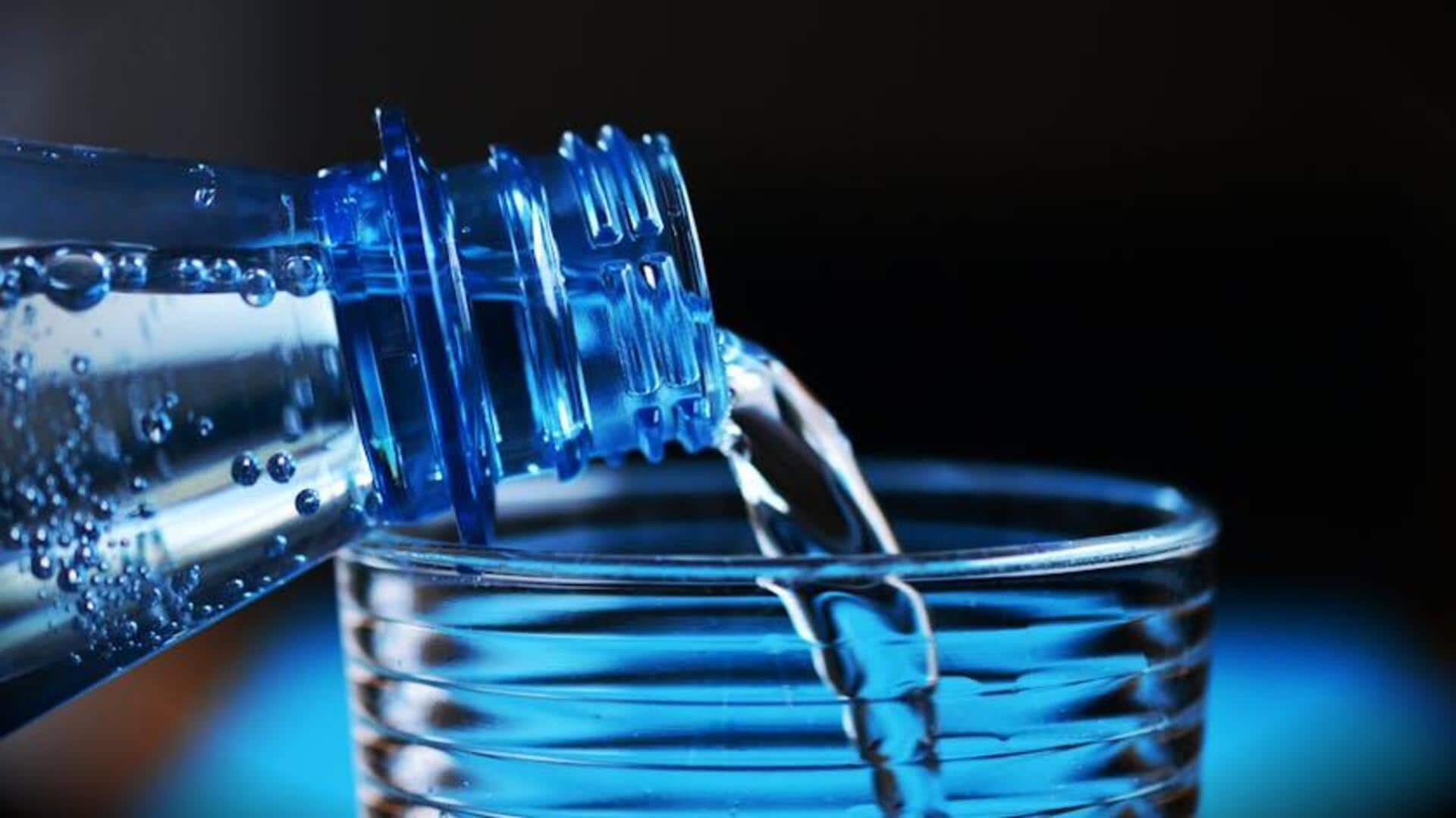
5 hydration myths you should stop believing
What's the story
While hydration is integral for staying healthy, it is also one of the most misconceived topics, with several myths surrounding it. To ensure that you are hydrating right, it is important to distinguish fact from fiction. Here, we bust some common hydration myths and tell you how you can stay properly hydrated without falling for these popular misconceptions.
Eight glasses
Myth: You need 8 glasses of water daily
The notion that everyone should drink eight glasses of water a day is a myth. Hydration requirements differ according to factors such as age, weight, activity level, and climate. Rather than fixating on a number, tune into your body's cues like thirst and the color of your urine. Light yellow urine usually denotes proper hydration.
Coffee effects
Myth: Coffee dehydrates you
Many believe that coffee dehydrates the body because of its caffeine content. However, studies have shown that moderate coffee consumption adds to daily fluid intake without leading to dehydration. Although caffeine has a mild diuretic effect, it doesn't negate the hydrating properties of the water present in coffee.
Urine color
Myth: Clear urine means proper hydration
Many think clear urine is the hallmark of optimal hydration, but that's a misconception. While dark urine often indicates a need for more fluids, transparent urine could hint at overhydration, risking diluting vital electrolytes. The goal should be urine that is a pale yellow color, striking a balance between dehydration and overhydration for healthy fluid levels.
Sports drinks use
Myth: Sports drinks are necessary after exercise
Sports drinks are marketed as must-have post-exercise drinks due to their electrolytes. But they are only needed after strenuous workouts exceeding an hour or in extreme heat conditions where you sweat a lot. For most of us who follow an exercise routine, water is enough for rehydration.
Thirst signals
Myth: Thirst is not a reliable indicator
Some believe thirst isn't reliable for indicating when you need water. But it's one of the body's natural mechanisms for maintaining fluid balance. Ignoring thirst can lead to dehydration over time. However, relying solely on it may not be enough during intense physical activities or hot weather conditions. In these situations, fluid loss is rapid.